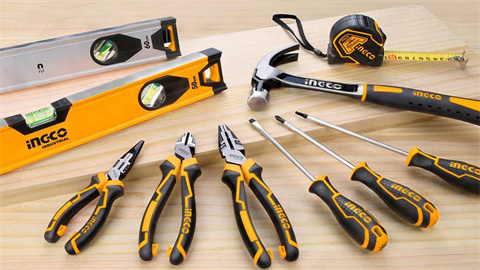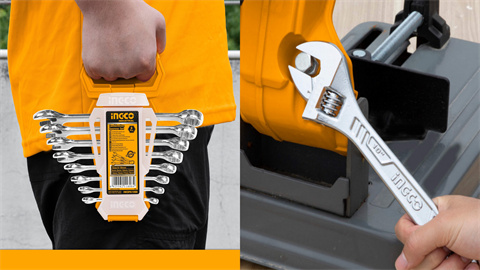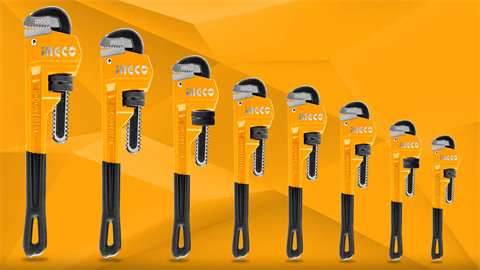How to Remove Rusted Screws?
Dealing with rusted screws can be a frustrating and challenging task. Whether you're working on a DIY project or performing routine maintenance, knowing how to remove rusted screws is essential. Rust can weaken the screw and make it difficult to remove, but with the right tools and techniques, you can tackle this common issue effectively. In this blog, we'll explore the reasons why screws rust, what you'll need for the job, and provide you with seven effective methods for removing rusted screws.
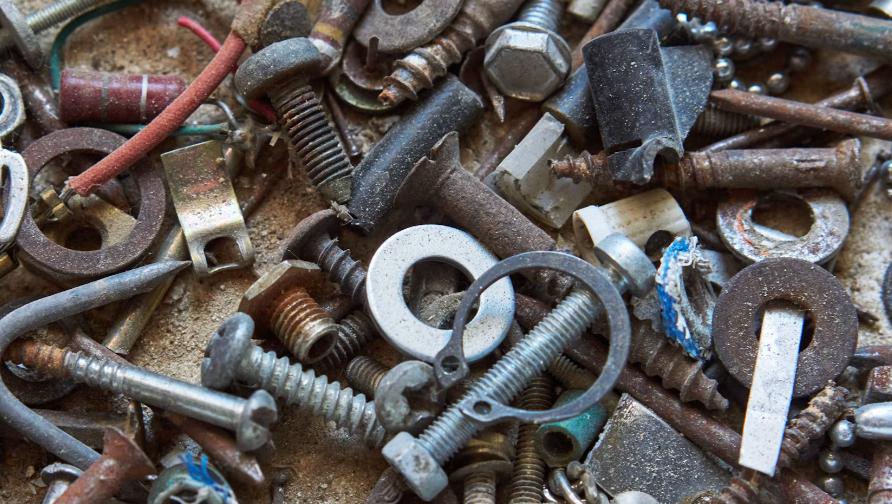
Why Do Screws Rust?
Screws rust due to a chemical reaction between iron, oxygen, and moisture, which forms iron oxide, commonly known as rust. This process is accelerated in environments with high humidity or exposure to water. Here are some common reasons why screws rust:
- Environmental Exposure: Screws used in outdoor applications are constantly exposed to the elements. Rain, humidity, and even morning dew can contribute to the formation of rust.
- Lack of Protective Coating: Screws that lack a protective coating, such as galvanized or stainless steel screws, are more prone to rust. These coatings help to resist corrosion and extend the life of the screw.
- Chemical Exposure: Screws that come into contact with certain chemicals, such as salt or acids, can rust more quickly. This is often seen in coastal areas where saltwater is prevalent.
- Poor Quality Materials: A screw made from low-quality materials are more susceptible to rust. Investing in a high-quality, corrosion-resistant screw can help prevent rust formation.
Understanding these factors can help you take preventative measures to reduce the risk of screws rusting in the future.
What You'll Need to Remove Rusted Screws
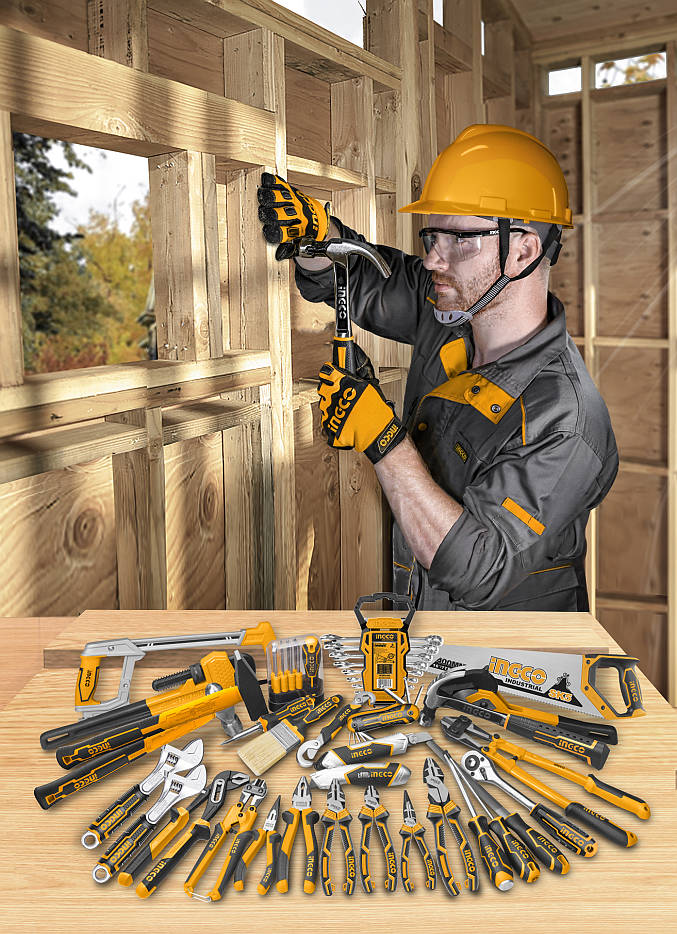
Before you begin the process of removing rusted screws, it's important to gather the necessary tools and materials. Having the right equipment will make the job easier and more efficient. Here's what you'll need:
- Penetrating Oil: A penetrating oil, such as WD-40, helps to loosen rusted screws by penetrating the threads and breaking down the rust.
- Screwdriver or Drill: Depending on the type of screw, you'll need a suitable screwdriver or drill with the correct bit to fit the screw head.
- Pliers or Vice Grips: These tools are essential for gripping and turning the screw if the screwdriver or drill isn't sufficient.
- Hammer: A hammer can be used to tap the screwdriver or drill bit, helping to break the rust seal.
- Heat Source: A heat gun or propane torch can be used to expand the metal around the screw, making it easier to remove.
- Rust Remover or White Vinegar: These solutions can help dissolve rust, making it easier to remove the screw.
- Screw Extractor Tool: This specialized tool is designed to remove screws that are stripped, damaged, or rusted.
- Protective Gear: Safety glasses and gloves are important to protect yourself from rust particles and other debris.
How to Remove Screw Rusted?
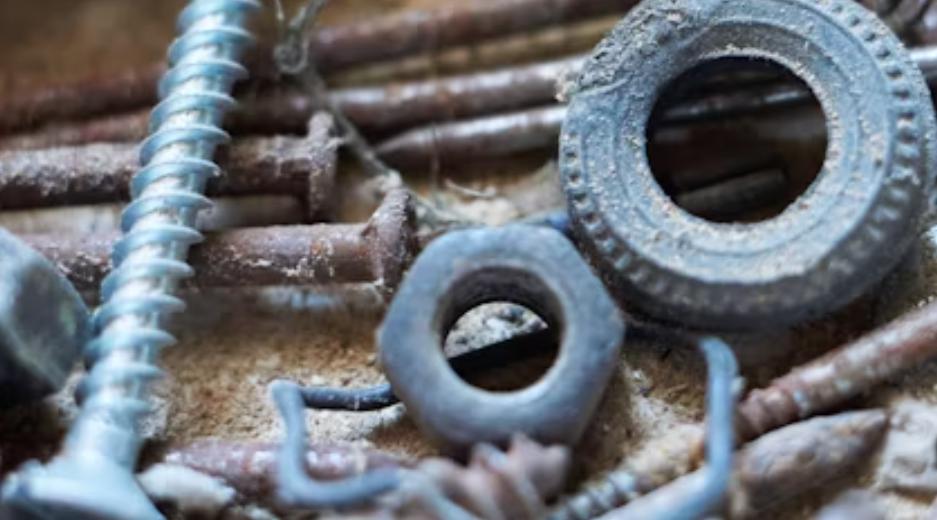
Removing rusted screws can be a challenging task, but there are several effective methods you can try.
1. Using a Hammer
Step 1: Place the screwdriver or drill bit into the screw head.
Step 2: Lightly tap the handle of the screwdriver or drill with a hammer. This can help break the rust seal.
Step 3: Attempt to turn the screw with steady pressure. Repeat the tapping if necessary.
2. Using Penetrating Oil
Step 1: Spray penetrating oil onto the rusted screw, ensuring it gets into the threads.
Step 2: Allow the oil to sit for at least 10-15 minutes to penetrate the rust.
Step 3: Use a screwdriver or drill to turn the screw. If it doesn't budge, apply more oil and let it sit longer.
3. Applying Heat
Step 1: Use a heat gun or propane torch to apply heat to the area around the screw. This will cause the metal to expand, potentially loosening the rust.
Step 2: After heating for a few minutes, use a screwdriver or pliers to turn the screw. Be cautious as the screw and surrounding area will be hot.
4. Applying Rust Remover or White Vinegar
Step 1: Apply rust remover or white vinegar on the rusted screw in white vinegar. Allow it to sit for several hours or overnight.
Step 2: Use a brush to scrub off any remaining rust.
Step 3: Use a screwdriver or drill to remove the screw.
5. Using Pliers or Vice Grips
Step 1: Grip the screw head with pliers or vice grips.
Step 2: Apply steady pressure and turn the screw counterclockwise.
Step 3: If the screw is still stuck, try applying penetrating oil or heat to aid the process.
6. Cutting a New Slot
Step 1: If the screw head is stripped or damaged, use a rotary tool or hacksaw to cut a new slot into the screw head.
Step 2: Insert a flat-head screwdriver into the new slot and attempt to turn the screw.
7. Using a Screw Extractor Tool
Step 1: Drill a small hole into the center of the rusted screw using a drill bit that matches the size of the screw extractor.
Step 2: Insert the screw extractor into the drilled hole.
Step 3: Turn the screw extractor counterclockwise with a T-handle or wrench. The extractor's reverse threads will grip the screw and help remove it.
Sometimes, a combination of methods is necessary. For example, applying penetrating oil, followed by heat, and then using pliers or a screw extractor tool can be highly effective.
Be patient and try different techniques in combination to find the most effective solution for your specific situation.
Conclusion
In conclusion, knowing how to remove rusted screws can save you time and prevent damage to your projects. By understanding why screws rust, gathering the right tools, and following the outlined methods, you can tackle even the most stubborn rusted screws with confidence. Remember, patience and the right approach are key to successfully removing rusted screws.
FAQ
Can Rusted Screws Be Reused?
Rusted screws can sometimes be reused, but it depends on the extent of the rust and damage. If the screw threads are still intact and the rust is superficial, you can clean the screw and use it again. However, if the rust has significantly weakened the screw or compromised its structural integrity, it's best to replace it with a new one to ensure safety and reliability.
How Can I Prevent Screws from Rusting?
To prevent screws from rusting, consider using screws made from stainless steel or other corrosion-resistant materials. Additionally, applying a protective coating, such as a rust inhibitor or paint, can help shield screws from moisture and environmental exposure. Regular maintenance and inspections can also identify early signs of rust, allowing you to address the issue before it worsens.
Can Household Items Help in Removing Rusted Screws?
Yes, household items can aid in removing rusted screws. For example, white vinegar is a common household item that can dissolve rust. Soaking rusted screws in vinegar overnight can help loosen the rust. Additionally, baking soda mixed with water to form a paste can be applied to rusted screws to help break down rust when scrubbed with a brush. These household remedies can be effective for mild to moderate rust removal.

